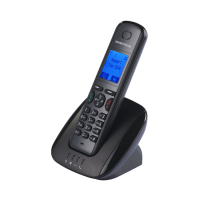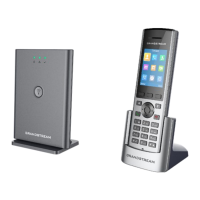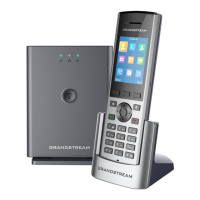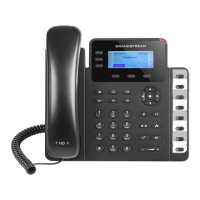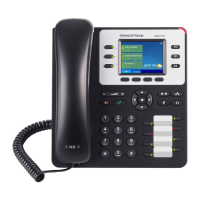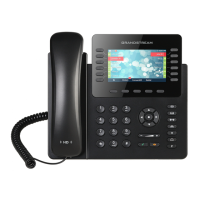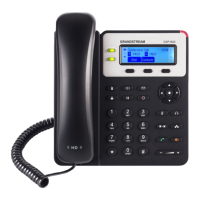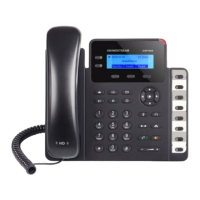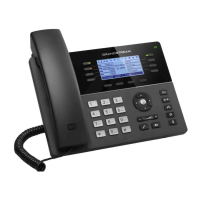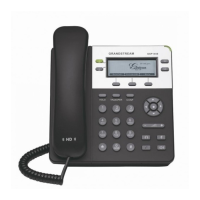DP750/DP720 Administration Guide
Version 1.0.11.4
Treats entered certificate as a valid CA for authenticating the server TLS certificate.
Default is No.
Specifies the mechanism to transmit DTMF digits. There are 3 supported modes:
In audio: which means DTMF is combined in the audio signal (not very reliable
with low-bit-rate codecs);
Via RTP (RFC2833): permits to specify DTMF with RTP packet. Users could
know the packet is DTMF in the RTP header as well as the type of DTMF;
SIP INFO: uses SIP INFO to carry DTMF. The defect of this mode is that it's
easily to cause desynchronized of DTMF and media packet for the reason the
SIP and RTP are transmitted respectively.
Default is via RTP (RFC2833)
Uses above DTMF order without negotiation.
Default is No.
Defines payload type for DTMF using RFC2833.
Configures vocoders in a preference list (up to 8 preferred vocoders) that will be
included with same order in SDP message. Vocoder types are G.711 A-/U-law,
G.722, G.726-32, G.723, G.729, iLBC and OPUS
Transmits a specific number of voice frames per packet. Default is 2; increases to
10/20/32/64 for G711/G726/G723/other codecs respectively.
Operates at specified encoding rate for G.723 vocoder. Available encoding rates
are 6.3kbps or 5.3kbps. Default is 6.3kbps.
Defines G726-32 packing mode (“ITU” or “IETF”). Default is ITU.
Specifies iLBC packet frame size (20ms or 30ms). Default is 20ms.
Determines payload type for iLBC. The valid range is between 96 and 127.
Default is 97.
Disable OPUS
stereo in SDP
Disables OPUS stereo attribute in SDP header. Default is No.
Determines OPUS payload type. The valid range is between 96 and 127.
Default is 125.
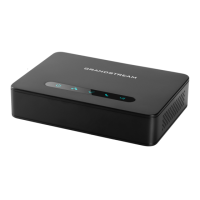
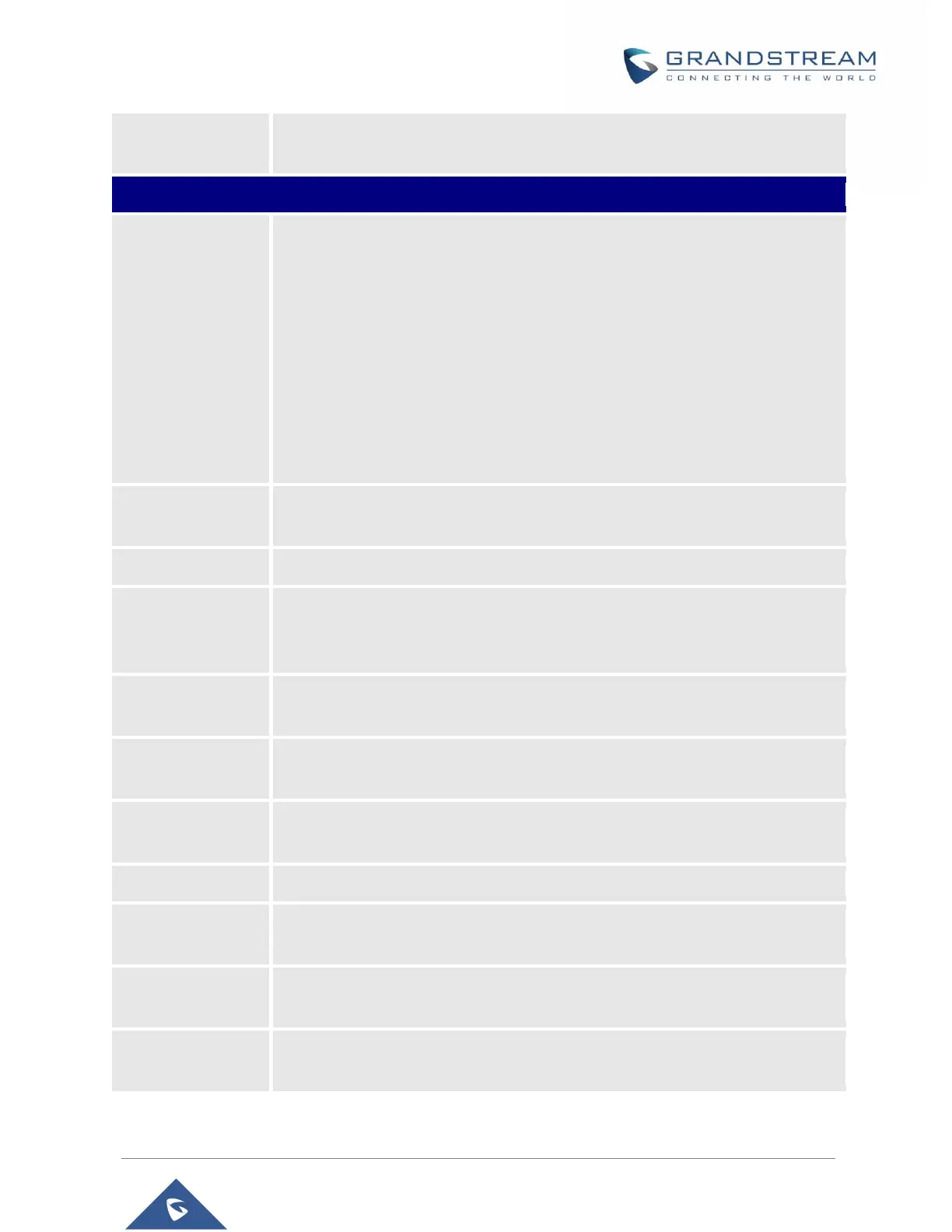